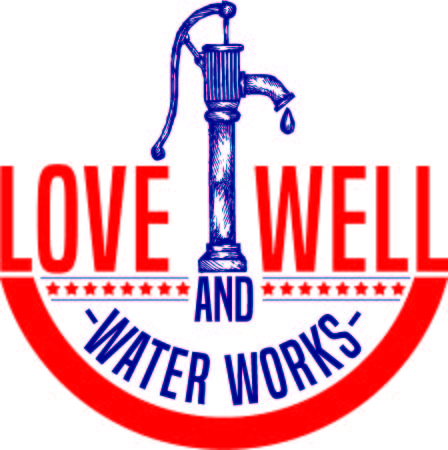WELL WATER MAINTENANCE: WHAT YOU SHOULD KNOW
A little less than half of all Americans utilize a well as their major source of drinking water at home. There are several advantages to utilizing well water, but it is important to realize that those who have wells on their North Carolina property are responsible for water well maintenance to assure constant water quality.
Here are a few examples of some of the essential water well maintenance procedures:
- Certain types of pollutants can permeate the soil and pollute well water. These include hazardous waste chemicals, insecticides, cleaning supplies, and fuel. Keep the well uphill from septic systems and fuel storage facilities. Use as few potentially hazardous chemicals as possible to avoid problems.
- You should often check the water level in your well. This helps keep track of how much water you’re consuming, and how long you can expect it to last. Despite the fact that monitoring the water level might be rather hard, it is crucial. It is also a helpful operation for any well’s long-term use.
- Observe alterations in water quality: Changes in the color, clarity, flavor, or odor of the water. These are out of the ordinary and might indicate a problem with the filter or the water in the well. Whenever you observe such changes, you should have an expert evaluation to ensure the water is still safe to drink.
Landscaping with care: Whenever you mow the lawn or conduct any landscaping around the well, you must exercise extra caution to prevent injuring it. - Regularly inspect the well cover for damage; even little damage might allow undesired debris or vermin to enter the well, and damage frequently happens when people undertake routine gardening work.
- Examine the pressure control switches: The pressure control switches on your well are designed to activate at a set pressure and deactivate when the pressure rises to a greater level. However, difficulties might arise if the system has to be changed or if the filter becomes clogged. Before working on the pressure control systems, make careful to cut off the power to the switches so as not to shock yourself.
- Examine for bacteria: Bacteria can thrive in well water, particularly if you’ve recently had well repairs if the well was improperly placed, if you’ve encountered water pollution, or if there are known soil problems in your region.
Conclusion
Regular treatment can help you prevent the growth of germs, and water testing kits will let you detect their presence.
You should maintain the long-term condition of your well by having a competent well technician. He will evaluate it annually and perform any required repairs. Contact Love Well & Water Works LLC for more information about well water safety in North Carolina.
